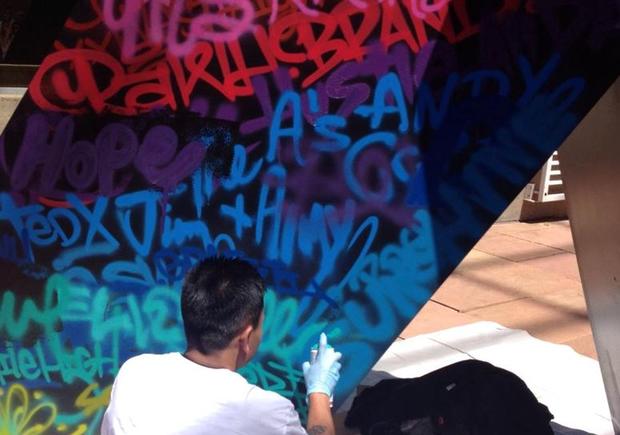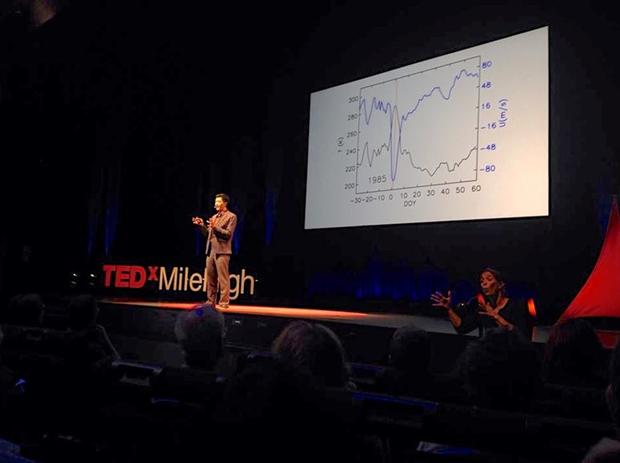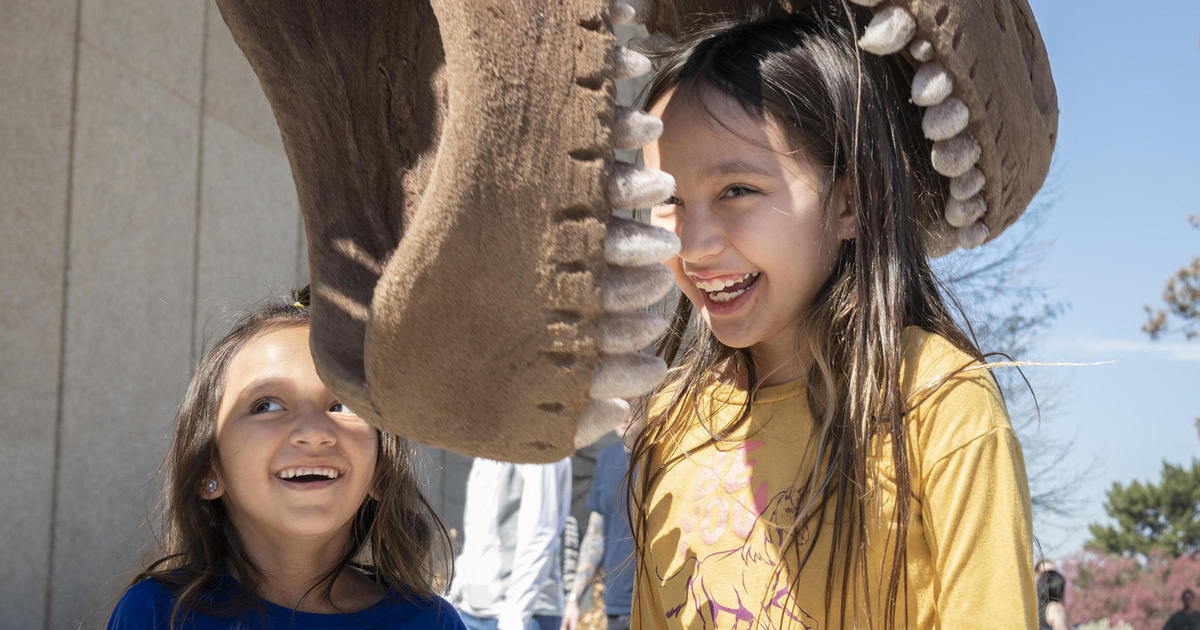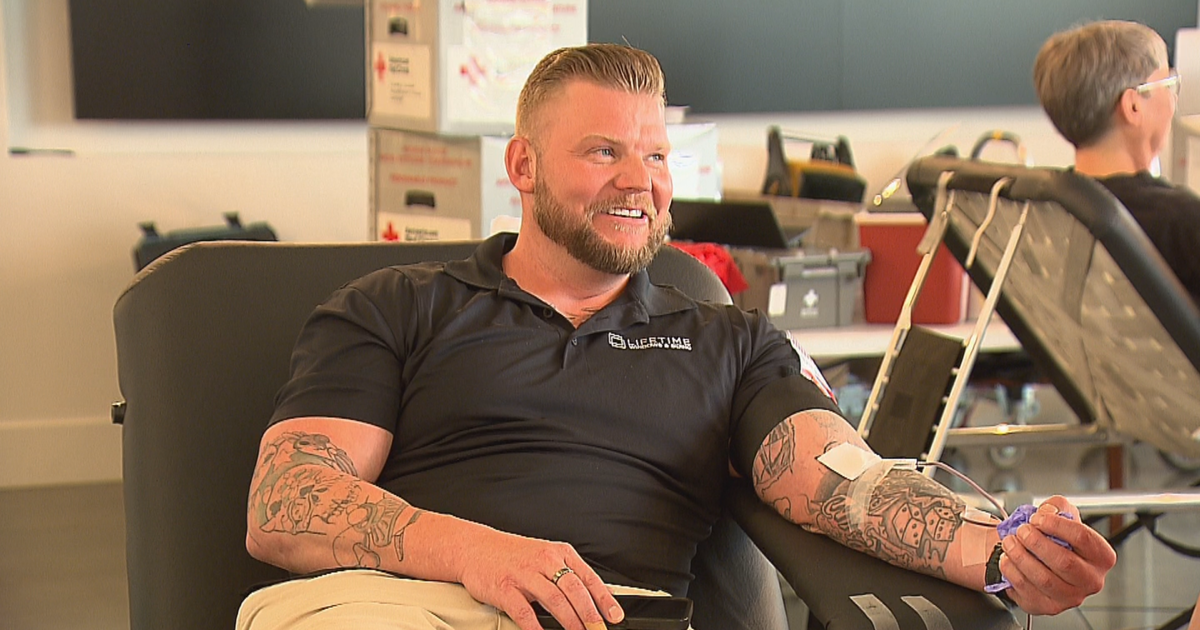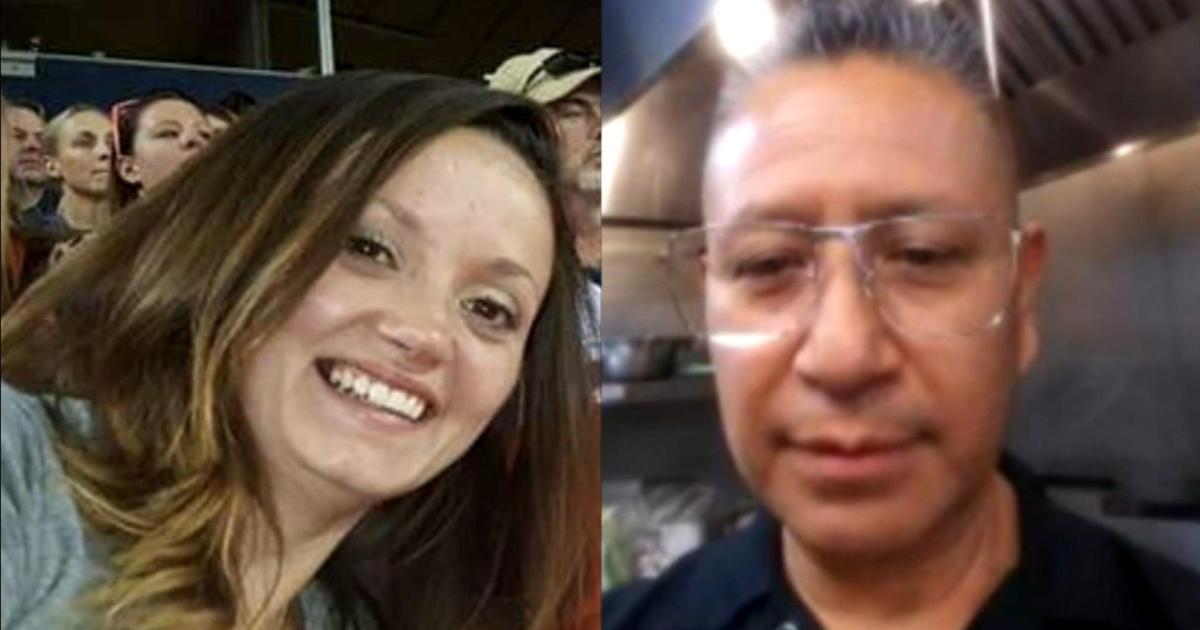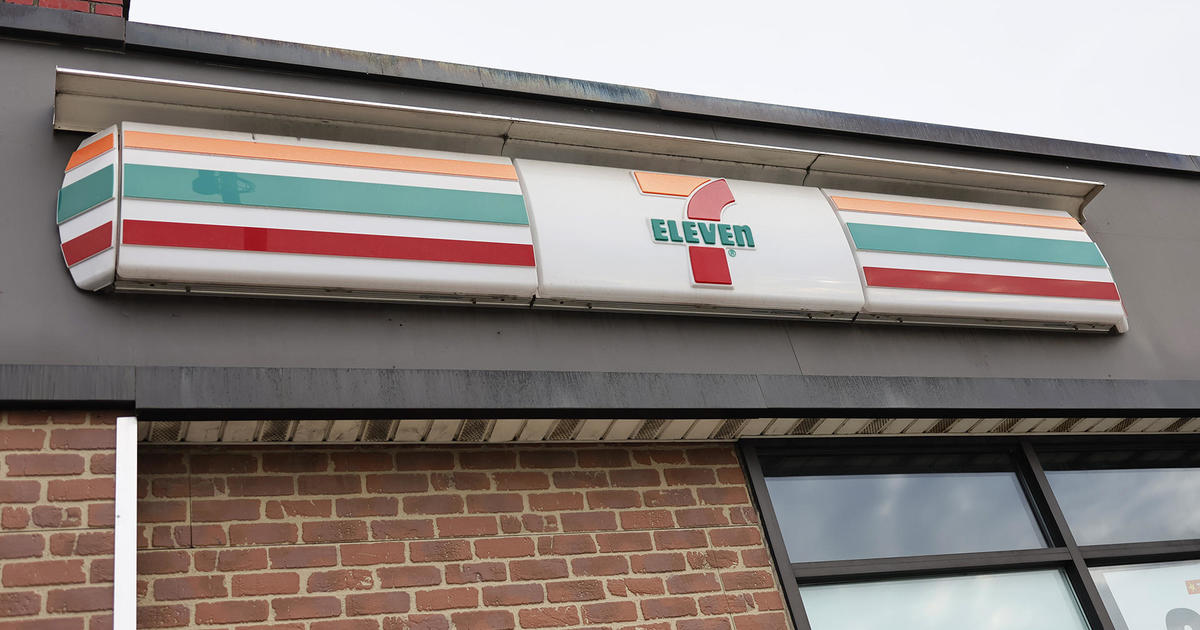We Are Still The Wild West: TEDx Invigorates Denver
I don't need to tell you that Colorado is a popular place to be. People are flocking to Denver (just look at the housing market) from both coasts and the Midwest, in search of sunshine and powder days. It's clear we're growing, as evidenced by the cranes, and the opportunities are vast.
But, "people don't come to Denver to make it." You don't move to Colorado to become something, as you would in New York City, or to be someone, like in California. It's a wonderful place to live, and that's that. Or is it?
Well, there's a population of thinkers and idea-testers in our city who want to change that. Denver should be a place where people come to make it big – to become a businessman, an activist, a leader. It should be a city where you earn your sunshine and powder days by working hard and making incredible things happen.
TEDx Mile High brought such thinkers together on Saturday for a day full of thought sharing and idea generating, attracting hundreds of doers to one place for a conversation about the future of the West, and of the world.
It started with a variety of tables on the veranda. The virtual reality headset Oculus was on display and took users on a wooden roller coaster ride through a medieval town. I put the face-consuming headset and earphones on, and was immediately in this fictional world – I actually held on to my chair for fear of falling off the illusory ride.
Organic popcorn made without the artificial junk and wrapped in biodegradable packaging was handed out at one table. A graffiti artist gave attendees the chance to try their hand with spray paint bottles. And another table hosted by a glass recycling company educated passersby that 80 percent of recycled glass products actually end up in the landfill; turns out the collection truck often crushes them to the point of no recycle.
That was just the appetizer. The crowd funneled into the auditorium in great anticipation, and once the speakers began the audience was transfixed – no one was leaving.
Joel Comm dug beneath the obvious of our social media tendencies, and asked what is real. We love to publicly share the positive happenings of our life through social media posts, but how do we distinguish what is false? It's difficult to stay human in the digital world, where arguments take the form of paragraphs from behind a computer screen. Getting to the truth does that. Technology and social media are tools to show our authentic selves, and should be used in such a way, Joel says.
One speaker started off with the wave. Kris Boesch was able to engage the entire auditorium in emotional intimacy – something she advocates for in the workplace. The old adage of keeping personal life separate from work life is quickly becoming irrelevant. We each spend an average of 2,000 hours a year at work. That is our life, and it shouldn't be something you just have to get through. It's also a poor business model, as disengaged workers cost the economy $390 billion a year. When people feel good about coming to work, they perform better on the job and at home.
Jen Lewin is an artist. Her creations, though, do not fit into any one category. She stresses the importance of light in each work, but also uses her engineering background and includes musical elements. As an interaction artist, her intention with each piece is to draw in the public and engage the community, like with the Laser Harp that unexpectedly plays music when people walk through and interrupt the lasers. Most recently, "The Pool" is made of dozens if not hundreds of discs that form the shape of a larger circle. The pieces light up and emit sound when stepped on, cumulatively creating an entirely different form of art. Many of Lewin's pieces travel, something she says is great because it can go to places not intended to have permanent art. "The Pool" is now heading to Bonnaroo.
The standout presentation of the day was an idea that actually came to life. Not just a suggestion or an intriguing topic of discussion, but a thought inserted into reality that bloomed beyond its creator's expectation. After visiting an appalling factory in Nicaragua that was supposedly good for the community with its promise of jobs, economics student Eric Kornacki tackled with his textbook teachings versus the reality of child labor and 13-hour workdays in front of his eyes. He knew there had to be a better way to achieve development and escape poverty, and it could be done right at home.
Re:Vision is the result, a company with a new model of economic development, implementing its beliefs in Denver's Westwood neighborhood. Though Westwood has the second most youth in Denver, there are no parks or recreation centers; it has the highest rate of obesity in Denver, but no grocery stores. Food has power, and people wanted to grow their own, so they began with agriculture. In 2009, seven families were able to establish gardens in their yards. In 2015 the number is close to 500, and the neighborhood is about to open its first grocery store. The Westwood Food Cooperative is owned and operated by the people, a seemingly small but absolutely imperative factor in development.
Another impressive student seeking answers followed. Jesse Zhang just graduated high school but has already begun unraveling the mechanics of weather. The Polar Vortex to be specific, that large cyclone that forms over the Arctic during winter, trapping cold air until it bursts in spring and spills the air south. As an intern at the University of Colorado at Boulder, Jesse gathered data that in the coming years can be used to predict when a polar vortex will arrive, and how intense it will be. In closing, he noted how fortunate it was that he could find such a research project and make his ideas happen, right here in Colorado.
Mandy Strait asked the audience what our surroundings would look like if it reflected your best self. She says the things around us can act as visual mantras, things that induce a repetitive message to our brain, and, if positive, make us happier. And so it's important to be intentional about the places we spend time in, like the home, transforming your space into something that reminds you of the wonderful things in life. A pleasing environment is actually a proven health factor: patients with a nice view of trees will leave the hospital a full day earlier than patients with the same condition and a view of a brick wall. We have these visual mantras all around, it's just a matter of recognizing them, defining them, and then deleting the unnecessary.
The mountains of Colorado are one such mantra, giving rise to inspiration, hope, and as Mandy puts it, "Makes me want to journey further, think bigger, and be better."
Colorado, after all, was founded on blazing new trails, built from nothing by people who had a vision, and again by people who saw something more than a cow town.
The ideas at TEDx Mile High awakened the history of Colorado, as well as the legacy of the brave ones who pioneered entirely unknown lands.
That spirit still lives within today's residents, who are again itching to show the rest of the world what pioneering looks like, and what the limitless West is capable of.
